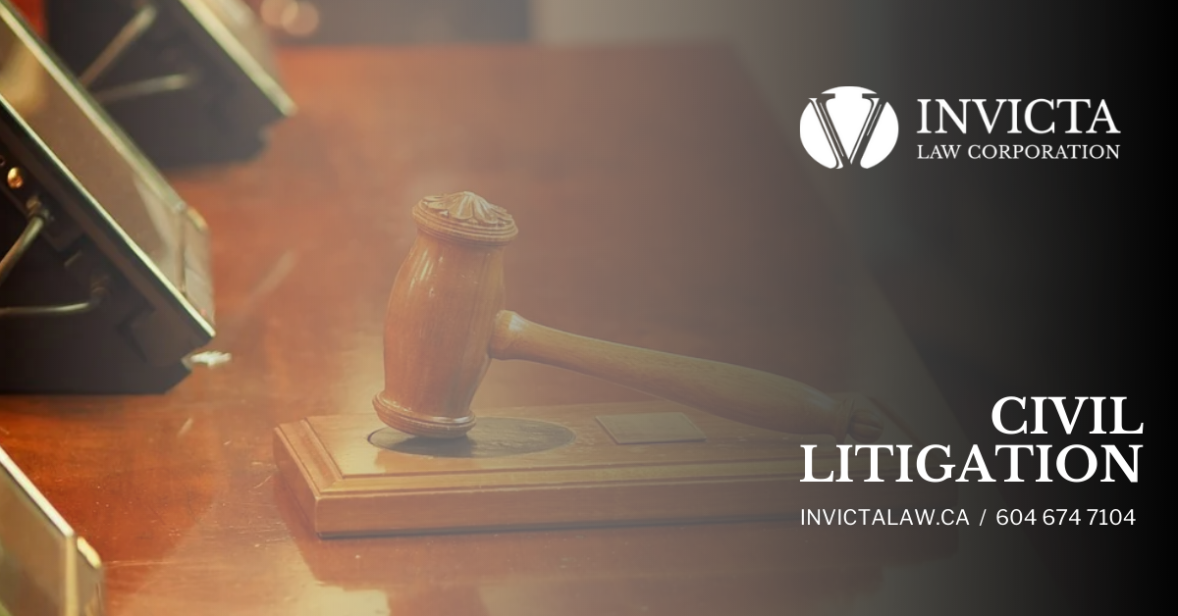A plaintiff can “win by default” if a defendant fails to respond to a claim. If you are the plaintiff, the steps you must take to get judgment against a defendant in default will depend on the type of claim you have.
What is a motion for default judgment?
Motions for default judgment in BC Supreme Court actions are governed by Rule 3-8 of the Supreme Court Civil Rules. Default judgment can be obtained against a defendant who fails to file court documents on time, fails to take required steps in a court proceeding, or fails to comply with Rules. For example, a defendant who does not file a response to civil claim within the time allowed by the Rules is “in default” and the plaintiff can apply to the court for final judgment in their favour.
Is default judgment available in your claim?
A motion for default judgment can be brought in the following types of claims:
- A claim for a specified or ascertainable amount of money (“liquidated damages”). If the amount you are claiming can be readily determined—for example, by looking at invoices showing unpaid debt—you would apply for default judgment seeking the debt you are owed, plus interest and costs.
- A claim for damages in an amount yet to be determined (“unliquidated damages”). In some cases, the exact amount owed is not known and must be decided by the court based on evidence. Damages for personal injury are a prime example. If the amount you are claiming has to be determined by the court, a motion for default judgment can still be granted. The judgment will indicate that damages are to be assessed, and you would need to bring a further court application to have a decision made on the amount of damages, plus interest and costs.
- A claim for the return of property wrongfully held by the defendant (known as a claim for retention of goods).
If your claim is not one of these three types and the defendant is in default, you would have to follow the Rules for bringing an application for summary judgment. Lawyers at Invicta Law can review your case and discuss your options.
What steps do I take to bring a motion for default judgment?
The Rules require you to file specific materials with the court, including:
- An affidavit of service to prove service of the notice of civil claim on the defendant;
- A requisition endorsed by the registrar with a notation that the court file was searched and contained no response to civil claim from the defendant;
- A requisition asking the court for a judgment on the basis that the defendant is in default;
- A draft default judgment order (Form 8);
- A bill of costs if you are entitled to costs under the Rules; and
- A calculation of interest claimed under the Court Order Interest Act.
Strict compliance is necessary. Default judgment can be set aside if a plaintiff obtained it without complying with the Rules.
Can I bring a motion for default judgment in BC Small Claims Court?
Actions involving unpaid debt or damages from $5,001 to $35,000 are within the small claims jurisdiction. If your action was started in small claims court, you can bring a motion for default judgment by following the steps and using the forms required by the BC Provincial Court’s Small Claims Rules.
Contact us today for advice on the most effective way resolve your legal dispute.





